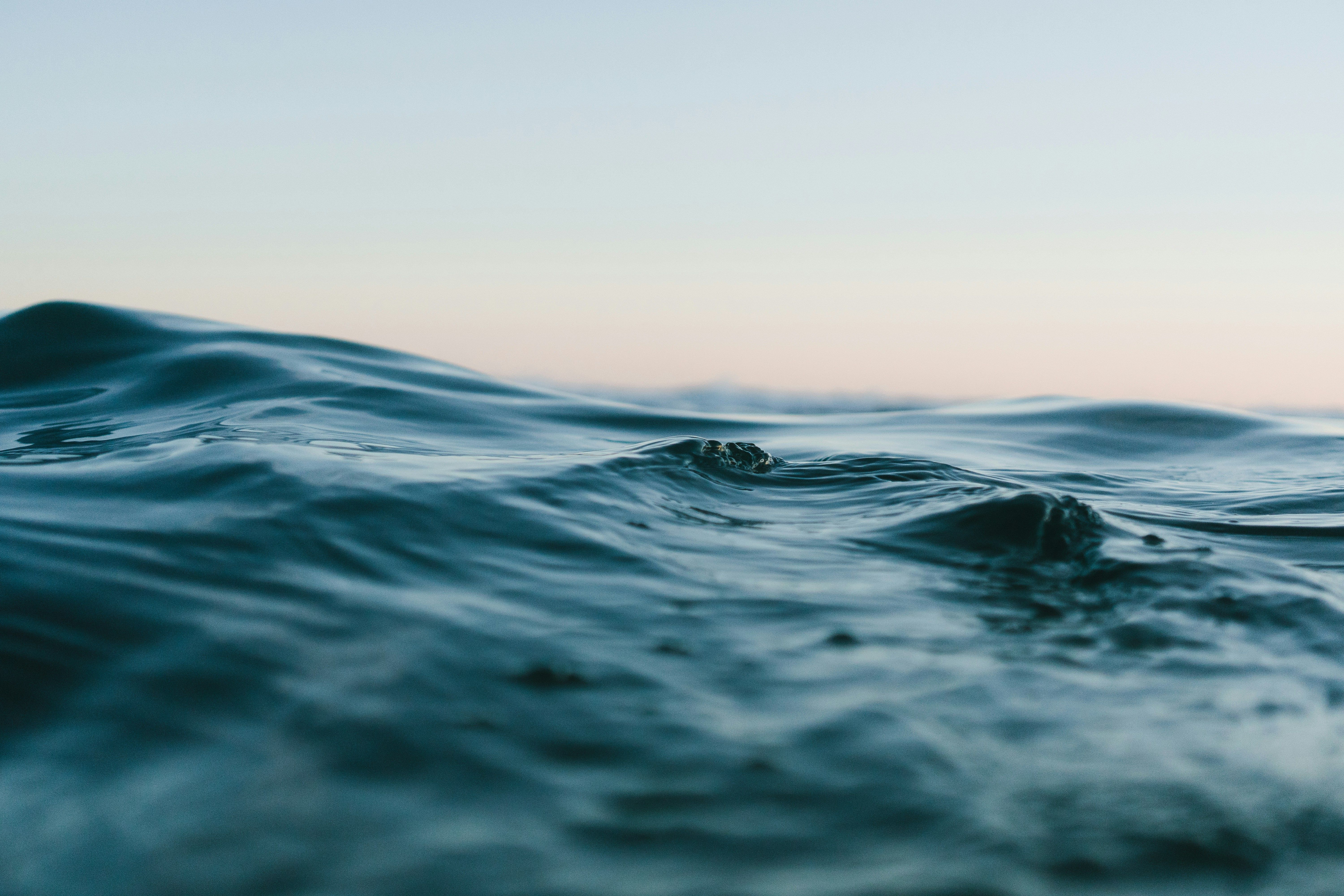Gravely Concerning COVID-19: Expert on Infectious Diseases Deems Situation as Extremely Severe
Slangin' it to ya, here's the lowdown:
Professor Paul Kellam ain't mincing words when he talks about the COVID-19 pandemic. In a chat with Medical News Today, he's clear - we're in a world of hurting, and everyone has a part to play in stopping the spread of this virus.
With social distancing and lockdowns become the norm worldwide, we're countin' on experts like Kellam to help us comprehend how scientists work during a pandemic, if vaccines or treatments are on the horizon, and what's in store for all of us.
You might know Prof. Kellam as the virus genomics professor in the Department of Infectious Diseases at Imperial College London in the UK. His past work covers a wide range, from MERS and influenza to HIV. Right now, he's teaming up with colleagues at Imperial to create a vaccine against SARS-CoV-2, the virus that causes COVID-19.
So what have we learned from previous coronavirus outbreaks that could help manage thiscurrent pandemic? Speed, speed, and more speed, according to Kellam. Scientists and epidemiologists know that whatever they're doin', they gotta do it quicker. They're always playin' catch-up, and the speed's crucial to keep up with the spread of the virus.
Kellam points out that we've seen the speed in identifying case clusters in China, figuring out the virus itself, and generating RT-PCR diagnostics. These quick actions allowed us to jump on contact tracing to control the early stages of the epidemic. Eventually, social distancing and lockdowns are what slows the epidemic down - but not for long, if we're always scramblin' to catch up.
Now, we need to focus on keepin' the speed up when thinkin' about what's next. Sharing data openly is essential, Kellam says. Normally, the scientific publishin' process is slow. In this pandemic, experts have shared their research on platforms like Twitter and preprint servers, where people can access unfiltered, non-peer-reviewed findings. You've gotta be careful to distinguish the good from the bad, says Kellam, but overall, scientists have led by example during this crisis.
Pre-reviews are important, but in times like these, preprint servers can get valuable information out to the public quickly. As a scientist, Kellam advises lookin' at the quality of the science, the labs, and the researchers. If you know their work, you can judge for yourself whether their findings are accurate.
One downside to pre-reviews? They aren't always peer-reviewed, so you might miss important information in smaller studies. But solid studies should reappear in bigger ones, says Kellam. And although there's a danger of missin' essential details in smaller studies, size matters. Big studies (79,000 individuals or more) are safer ground, he notes.
Overall, Kellam describes the situation as exhausting but necessary. His team and family are fortunately healthy, but there's a sense of fear that this pandemic is really serious - with so many seriously ill and dying, millions could die worldwide. Yet there are logical ways to combat the virus, like vaccines, antibodies, antiviral drugs, and existing medicines to help people survive. But remember: they take time, so we need to move fast and effectively to make treatments and preventives available to people all over the world.
Stay up-to-date on the latest news about COVID-19 by clickin' on the link provided.
- In the fight against COVID-19, preventative measures such as social distancing and swift sharing of data among scientists are crucial to keep up with the pace of the virus, according to Professor Paul Kellam.
- The science community, including Kellam, has been working tirelessly to develop vaccines, treatments, and preventative measures for COVID-19, although these solutions necessitate speed to be effective against the ever-spreading virus.
- To ensure the health and wellness of everyone, it's essential that we prioritize moving swiftly in our response to the virus, support ongoing research, and remain vigilant about adopting preventative measures such as social distancing and the use of scientific findings in managing medical conditions related to COVID-19.




